Types Of Acne Around The Mouth And How To Deal With Them
Bid farewell to breakouts with a cleansing routine, retinoid products, and more.
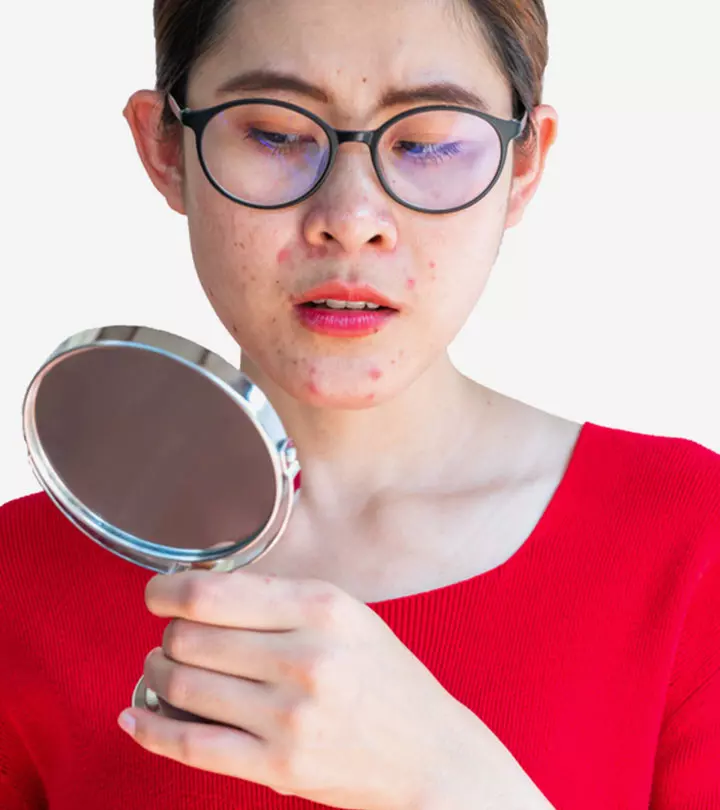
Acne around the mouth may develop due to the pressure and friction on that area caused by helmet straps, cell phones, etc. Frequent touching, hormonal imbalance, genetics, and diet may also play a role. You may also blame cosmetics, like lip balms, toothpaste, shaving creams, and other facial products for irritating the skin. This article discusses what causes pimples around the mouth and how to deal with it.
In This Article
Causes Of Acne Around The Mouth
Pin-pointing the cause of acne can help you find the solution to how to prevent acne. Acne or breakouts around the mouth occur when dirt, impurities, sebum, and acne-causing bacteria like P.acnes and S. aureus get trapped in your skin pores (1). You may notice more acne on your T-zone (the forehead, nose, mouth, and chin) as this area has more sebaceous glands than the rest of the face. Those who have oily skin are more prone to acne around their T-zone.
However, if you are frequently breaking out around your mouth, there are many possible factors responsible for it:
- Hormonal Changes: Acne around the mouth can occur due to changes in the level of androgens, causing the overactivity of sebaceous glands (2). Dr. Steven Line, MD, says, “Androgens stimulate the sebaceous glands to produce more sebum, which can clog pores and lead to the formation of acne.” You may experience breakouts around your mouth during menstruation, pregnancy, if you have PCOSi A hormonal disorder in women characterized by irregular periods caused by the formation of small cysts on enlarged ovaries. , and if you are taking any medication that affects the hormone levels.
- Product Residue: Using cosmetic products or treatments can contribute to breakouts around the mouth. This is more likely to happen if a product contains comedogenic ingredientsi Substances with pore-clogging properties that lead to acne breakouts or the formation of blackheads. . Moreover, if you do not remove your makeup products like foundations, lip balms, and lipsticks from your skin properly, their residue may cause buildup, clog the pores, and cause acne.
- Diet: Although the connection between diet and acne is still under scrutiny, several foods are found to trigger breakouts. Foods having a high glycemic index increases insulin levels. This leads to many changes in the body at the cellular level and may worsen existing acne. Dairy foods may also stimulate the production of androgens, triggering excess sebum production and acne (2).
- Friction: If you have the habit of constantly touching and rubbing the area around your mouth, you may develop acne. This type of acne is known as acne mechanica and is caused by friction. Wearing masks and helmet straps may often cause friction. Moreover, if you do not change your mask or clean the chin straps in your helmet, they can clog the pores near your mouth, trapping dirt and germs and cause acne.
- Shaving: Using a facial razor and oil to remove your baby hairs around the mouth may irritate sensitive skin and cause acne.
- Mobile Phones: Do you have the habit of talking over the mobile phone pressed against your cheek and mouth? If yes, that may be one cause of acne around the mouth. A study observed that contact with the cell phone while talking could cause non-inflammatory and inflammatory lesions (papules, pustules, and nodules). It could worsen existing acne and cause new breakouts (3). The mobile phone surface contains germs and bacteria that may transfer to your skin while talking.
- Environmental Factors: Environmental stressors like pollution and high humidity can also cause acne around the mouth by clogging pores and trapping dirt, oil, and sweat. This creates a breeding ground for bacteria, eventually leading to inflammation and acne breakouts.
 Quick Tip
Quick TipYou may experience both inflammatory and non-inflammatory lesions around your mouth. Let’s take a look at the types of breakouts that commonly occur in the area around your lips.
Key Takeaways
- Hormonal changes, product residue, and shaving can cause frequent breakouts around your mouth.
- Dairy products and foods with a high GI can also cause this type of breakouts.
- Topical retinoids and OTC products containing benzoyl peroxide or salicylic acid can help treat this type of acne.
Types Of Breakouts Around The Mouth
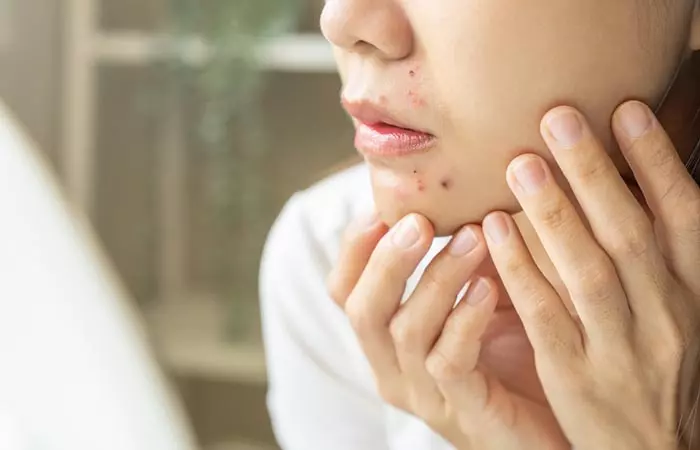
1. Comedones
Did you notice small flesh-colored bumps around your mouth? Those are comedones – an early form of acne. These comedones can be open (called blackheads) or closed (known as whiteheads). Comedonal acne makes the skin look bumpy and rough (4).
2. Pustules And Papules
These are inflammatory acne and are painful. Papules and pustules are raised bumps with pus-filled heads. These may first appear as red and inflamed bumps and later develop pus. They are deep lesions and may also leave behind marks, blemishes, and scars (4). Dr. Line adds, “Sometimes, vesicles on the lips are due to herpes infection. These vesicles are usually more painful than common acne pimples.”
Another skin condition, which is often mistaken as breakouts around the mouth, is perioral dermatitis. According to the American Academy Of Dermatology Association, these red rashes look like acne breakouts and cause itching and a burning sensation. Perioral dermatitis develops around the mouth and may also appear near the eyes and nose (5).
This condition requires different treatment. If you notice redness and breakouts around your mouth, consult a dermatologist immediately.
 Quick Tip
Quick TipWhile acne treatment calls for medical attention and you may have to take both oral and topical medications, there are a few things you can do to soothe and calm the lesions. If you have mild to moderate breakouts, then you must be looking for an answer to how to get rid of pimples. Follow the tips below to manage them.
How To Deal With Acne Around The Mouth
1. Follow Proper Cleansing Routine
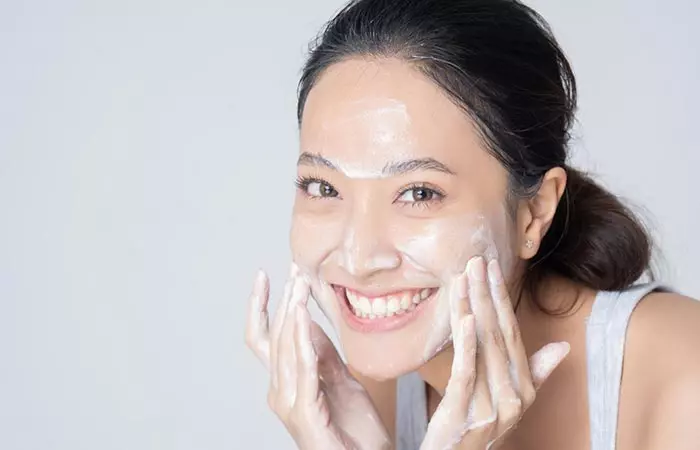
A good skin care routine eliminates the chances of residue on the face and helps minimize the risk of inflammation. Washing your face twice a day and following up with a toner and moisturizer provides your skin with the basic care it needs. Remove all your makeup at the end of the day and double cleanse, if possible.
2. Use OTC Salicylic Acid Or Benzoyl Peroxide
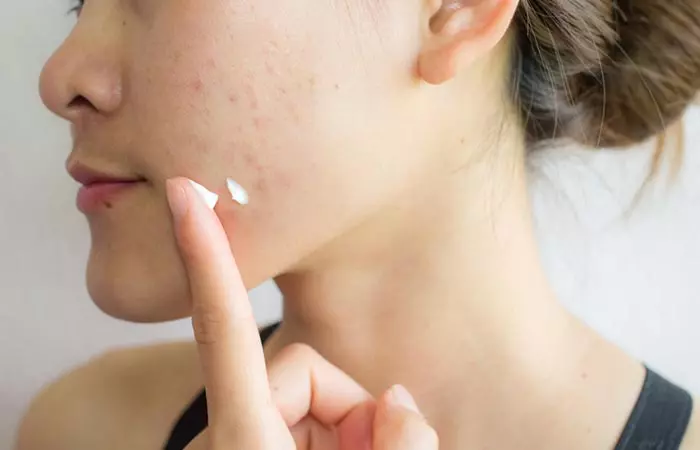
Salicylic acid and benzoyl peroxide are proven OTC ingredients that help manage mild to moderate acne. You can use face washes, night creams, and serums containing these two ingredients. Salicylic acid encourages the skin’s natural exfoliation process, while benzoyl peroxide is a keratolytic agenti An agent that helps reduce bacterial growth and skin-irritating fatty acids to bind moisture to the skin. and exfoliates the upper layer of the skin to minimize acne (6).
3. Use Prescription Retinoid Products
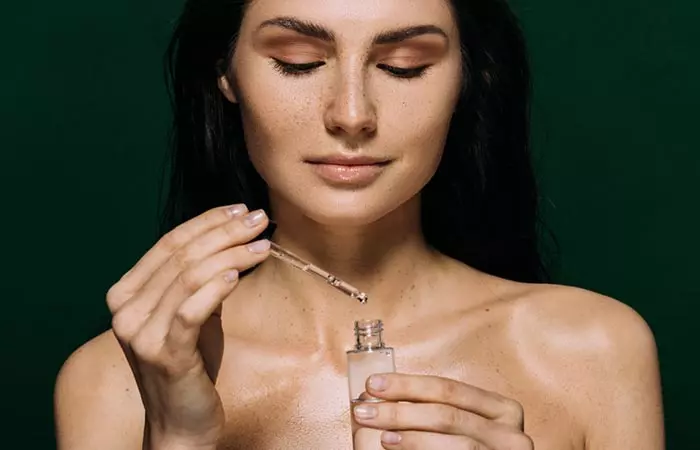
Topical retinoids minimize comedone formation and prevent acne. For mild to moderate acne, you may use OTC retinol and isotretinoin products. Retinol can penetrate the skin better than tretinoin, although it is less potent (6). For severe acne, you must use prescription retinoid products. Consult a dermatologist for product recommendations.
4. Use Chemical Peels
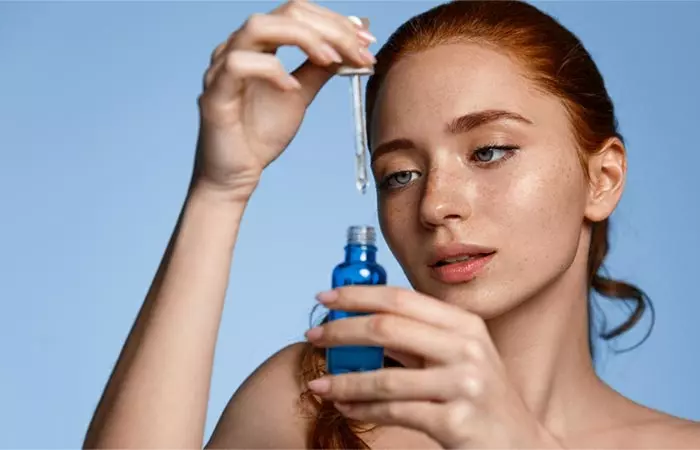
Use a combination of alpha-hydroxy acids (and beta-hydroxy acids) to exfoliate your skin and remove the dead skin cells. You can use products containing glycolic, lactic, and mandelic, and salicylic acids. However, be careful while using chemical peels. If your skin is not accustomed to AHAs, start with the lowest lactic acid concentration (the mildest of all AHAs) and gradually increase the concentration.
These are some ways to manage pimples and breakouts around the mouth. Apart from taking care of your skin externally, you must also check your diet and food habits.
What Foods Cause Acne Around The Mouth?
The link between diet and acne is still a matter of controversy. However, there are a few studies that link certain foods with the prevalence of acne.
Foods that have a high glycemic index may worsen existing acne (2). So, avoid junk foods, fried foods, sugary beverages, goodies made of white flour, such as cookies, and cakes. These foods increase insulin levels and sebum production, contributing to acne formation.
Also, avoid dairy foods as they may contain growth hormones, causing hormonal imbalance in your body and triggering acne (2). If possible, switch to organic and non-hormone milk and dairy products.
And if you want to prevent this type of acne in the future, check out the section below for some simple preventive measures.
Ways To Prevent Acne Around The Mouth
Here are some preventive tips to keep in mind for recurring acne around the mouth.
- Keep the area clean.
- Avoid touching your face.
- Use non-comedogenic skincare and makeup products.
- Consume an adequate amount of water throughout the day and stay well-hydrated.
- Cover your face whenever you step out to protect it from pollution and dirt.
- Maintain a healthy diet while minimizing oily or sugary foods.
- Change pillowcases and towels regularly.
- Use gentle lip products like balms and masks that do not cause irritation around the mouth.
Infographic: Top Causes Of Acne Around Your Mouth And How To Prevent It
Acne can strike at any age and at any area of the body, including the area around your mouth. But fear not. The right approach can help you enjoy clear, healthy skin and feel confident and comfortable in your own skin. In the infographic below, we have listed the top causes of acne around your mouth and certain ways you can prevent it. Take a look.

Illustration: StyleCraze Design Team
Acne can develop anywhere on your body including the area around your mouth. Several factors such as hormonal imbalance, poor diet, friction, pollution, and shaving may result in the development of acne around the mouth. That is why following a proper skincare routine, over-the-counter topical creams, and eating a healthy and balanced diet regularly can reduce comedones or pustules around your mouth in the long run. If you have severe or chronic acne, consult a doctor for proper treatment and product recommendations for acne management.
Frequently Asked Questions
At what age is acne the worst on the face?
Acne can occur at any age and is likely to trouble you the most during your teenage and adolescent years. The onset of acne usually occurs when puberty hits.
Does acne on the face go away naturally?
No. Be it non-inflammatory or inflammatory acne, you have to take care of your skin and use topical products and ointments (if necessary) to minimize it.
What is the hard and white stuff filled in acne around the mouth?
The hard and white stuff in the acne may be sebum or pus, which contains waste residue, bacteria, and white blood cells.
What does menopausal acne look like?
Menopausal acne looks like hormonal acne – deep, tender bumps, mainly around the lips, chin, and jawline.
Can low estrogen cause acne?
Yes, a decrease in estrogen levels following menopause might cause acne in some women.
How do I know if I have fungal acne?
Excess yeast causes fungal acne, which can lead to whiteheads and itching. The acne also turns red, irritated, and inflamed.
What do your pimples say about your health?
Certain types of pimples such as cystic acne may denote underlying health issues like high blood pressure, dehydration, or digestive problems. Working on these underlying issues can often help treat the pimples.
Illustration: Types Of Acne Around The Mouth And How To Deal With Them
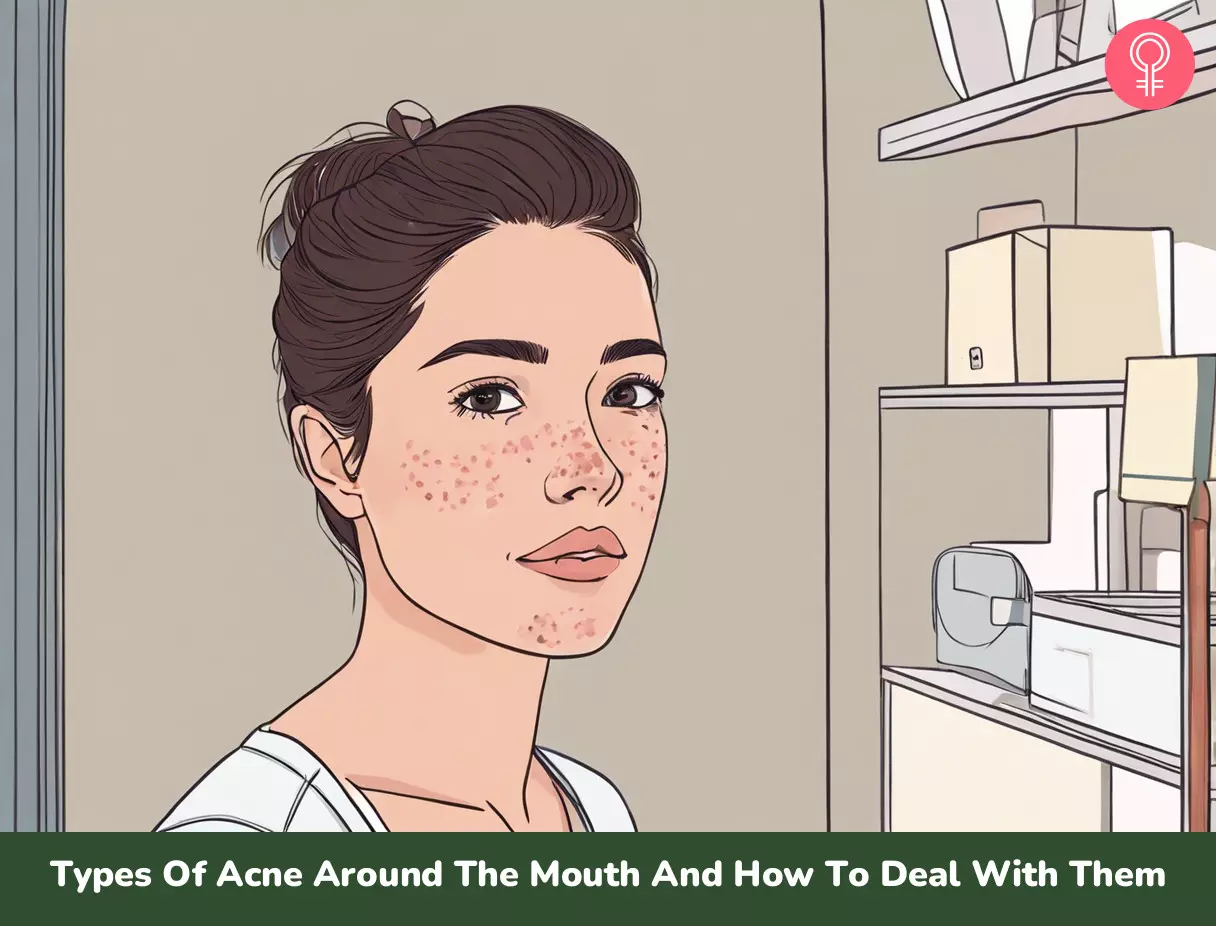
Image: Dall·E/StyleCraze Design Team
Learn more about what causes acne around the mouth and how to treat it. Check out this video to get answers to your questions and learn how to achieve clear skin.
References
Articles on StyleCraze are backed by verified information from peer-reviewed and academic research papers, reputed organizations, research institutions, and medical associations to ensure accuracy and relevance. Read our editorial policy to learn more.
- Acne: more than skin deep
https://www.ncbi.nlm.nih.gov/pmc/articles/PMC2585707/ - Adult female acne: a guide to clinical practice
https://www.ncbi.nlm.nih.gov/pmc/articles/PMC6360964/ - ‘Cell-phone acne’ epidemic during the COVID-19 pandemic
https://onlinelibrary.wiley.com/doi/10.1111/ced.14360 - Acne Basics Pathophysiology Assessment and Standard Treatment Options
https://journals.lww.com/jdnaonline/fulltext/2018/01001/acne_basics__pathophysiology - RED RASH AROUND YOUR MOUTH COULD BE PERIORAL DERMATITIS
https://www.aad.org/public/diseases/a-z/perioral-dermatitis - Over-the-counter Acne Treatments
https://www.ncbi.nlm.nih.gov/pmc/articles/PMC3366450/
Read full bio of Dr. Manasi Shirolikar
Read full bio of Ramona Sinha
Read full bio of Anjali Sayee
Read full bio of Shiboli Chakraborti







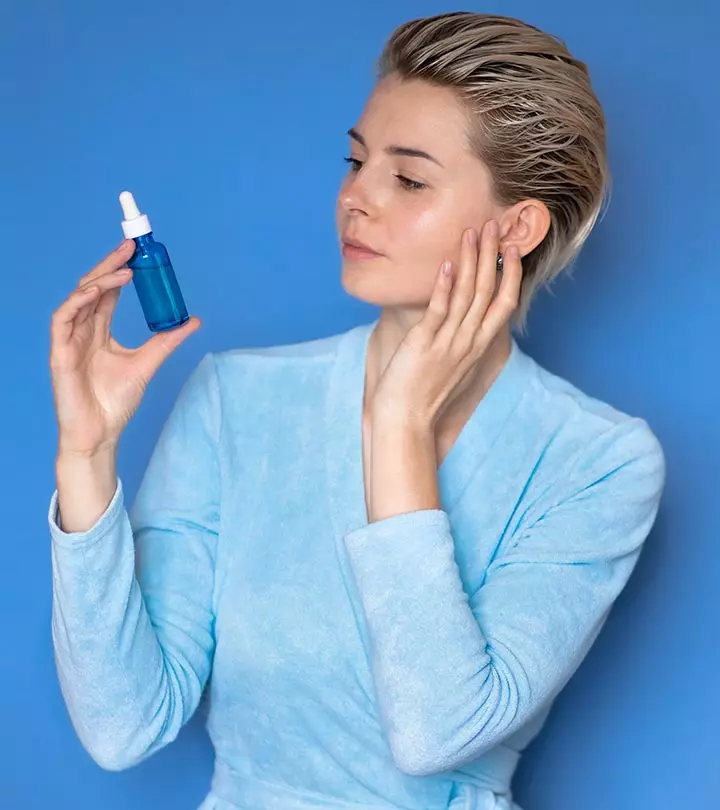
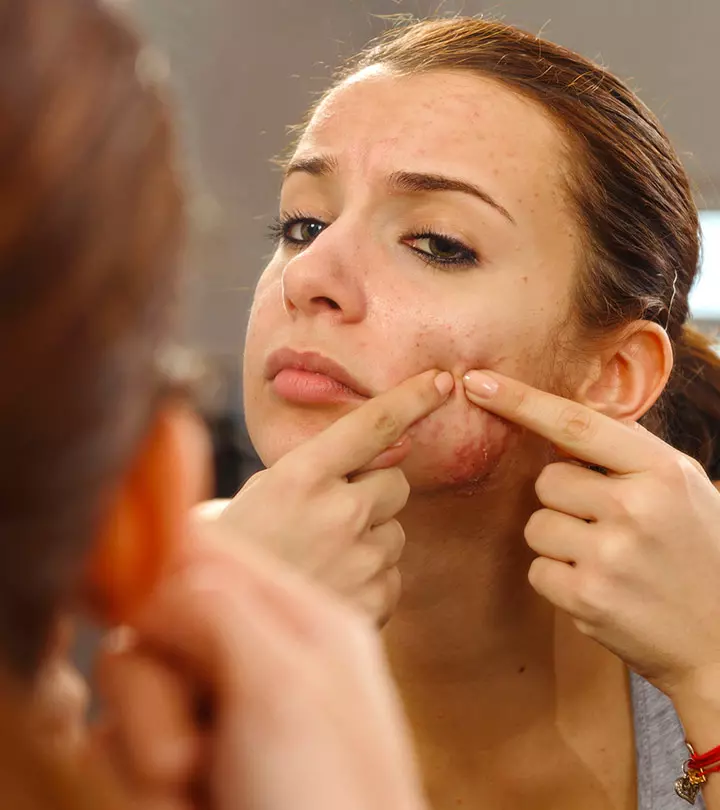
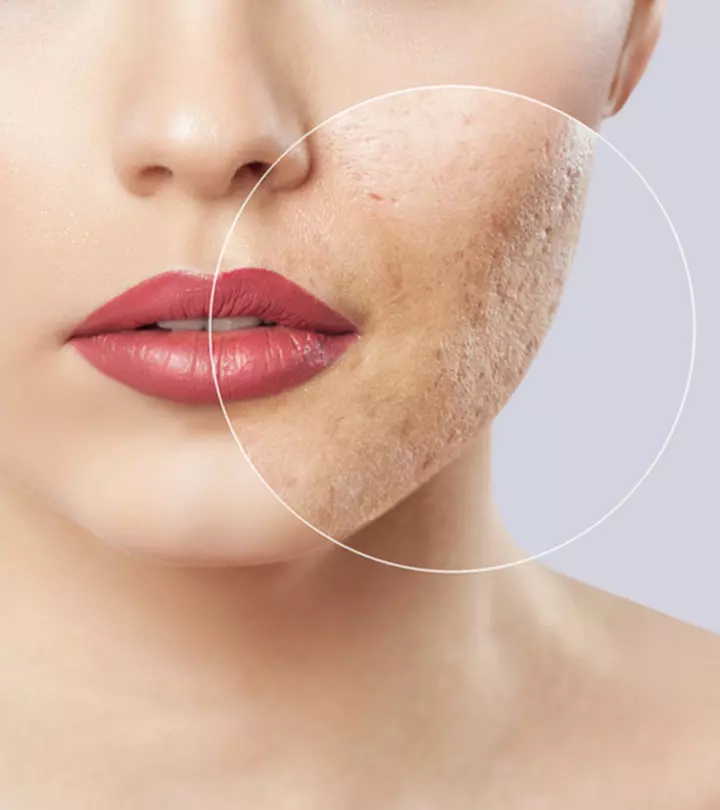

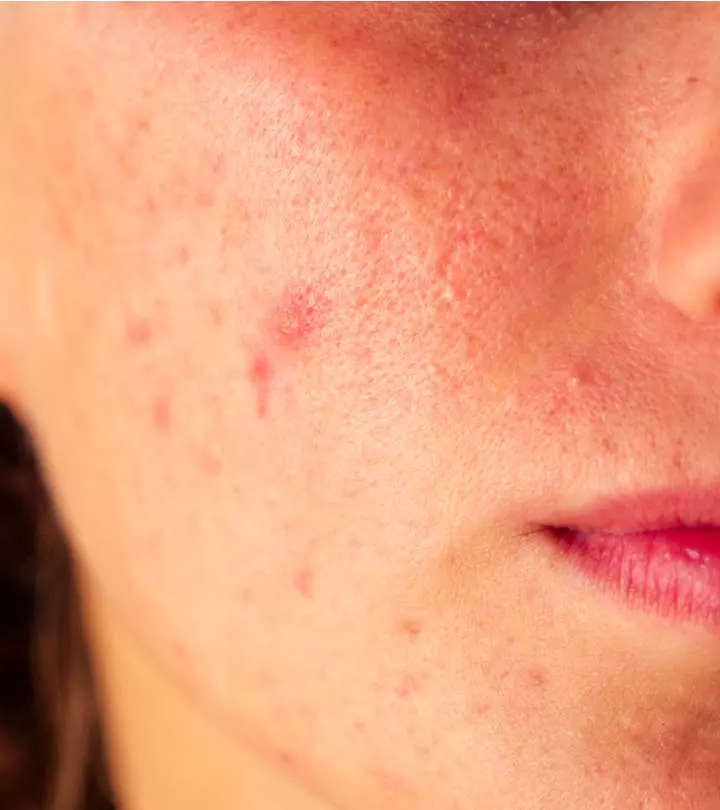
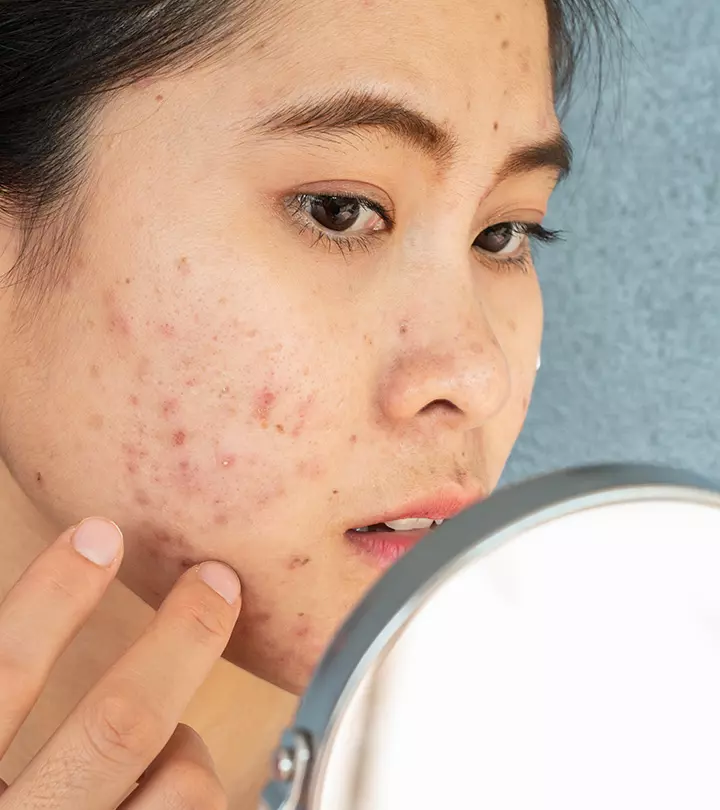
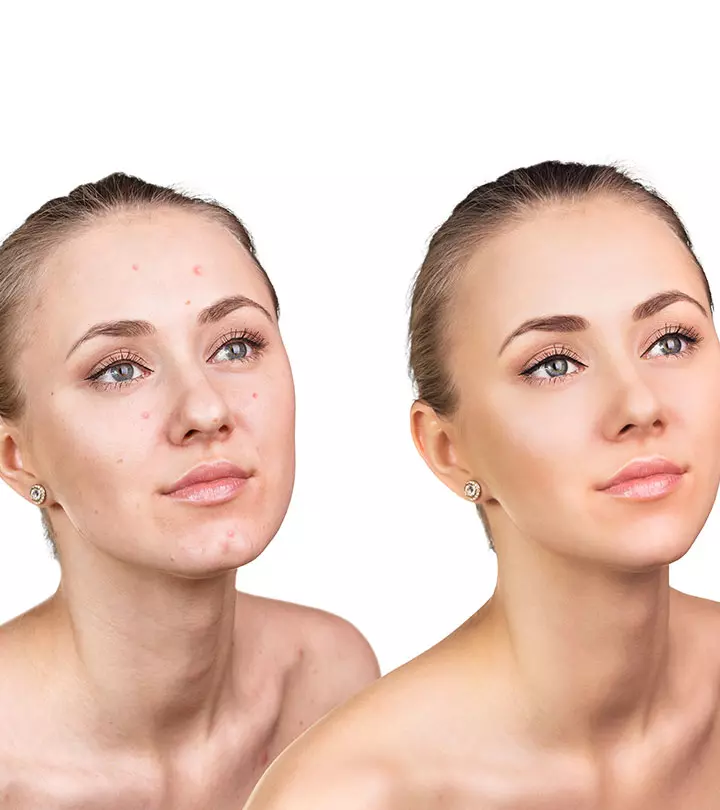
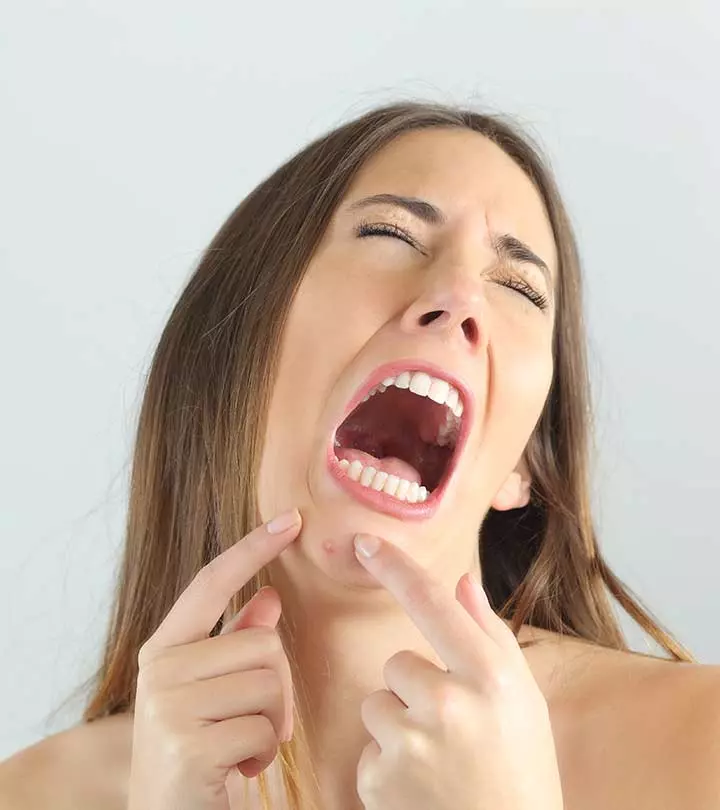
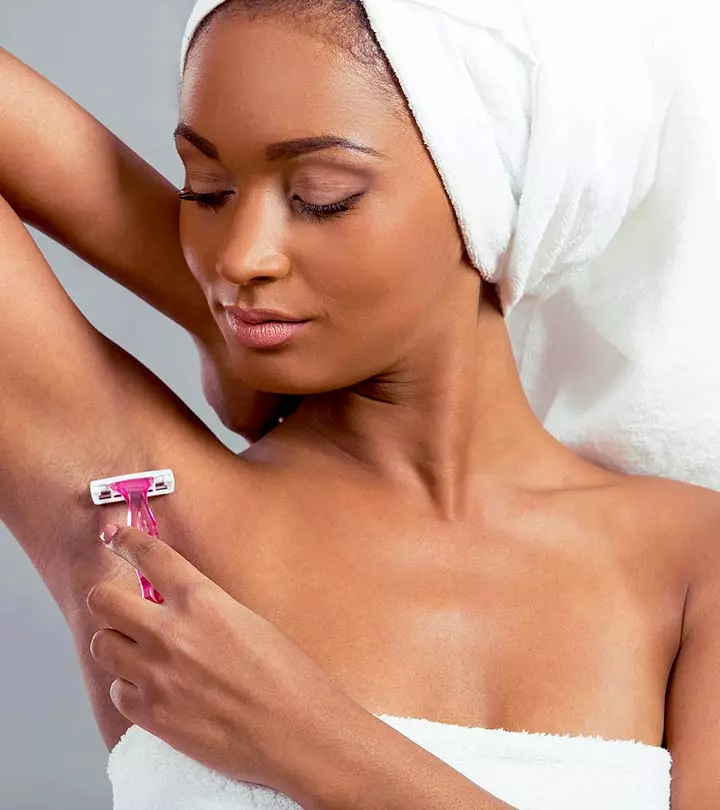
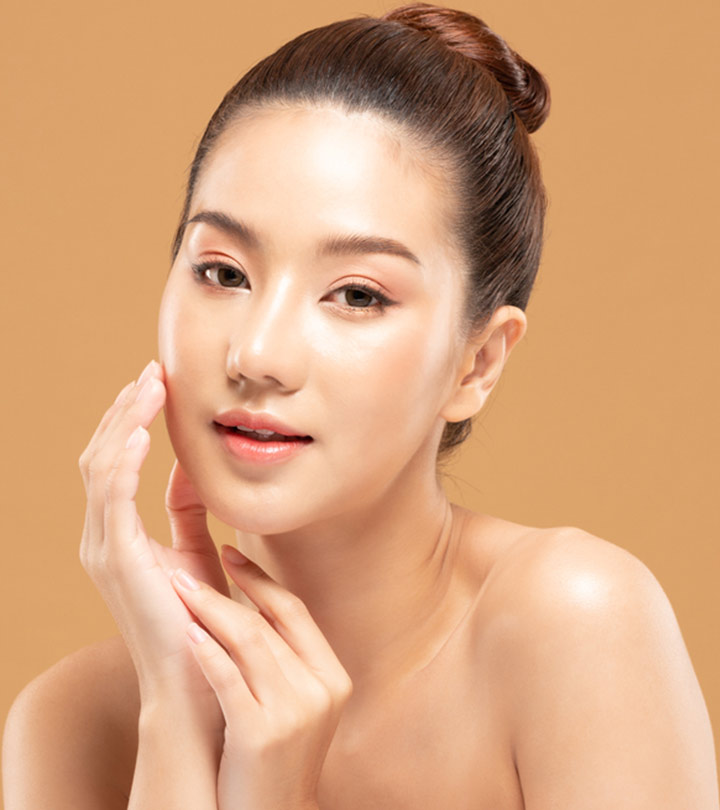
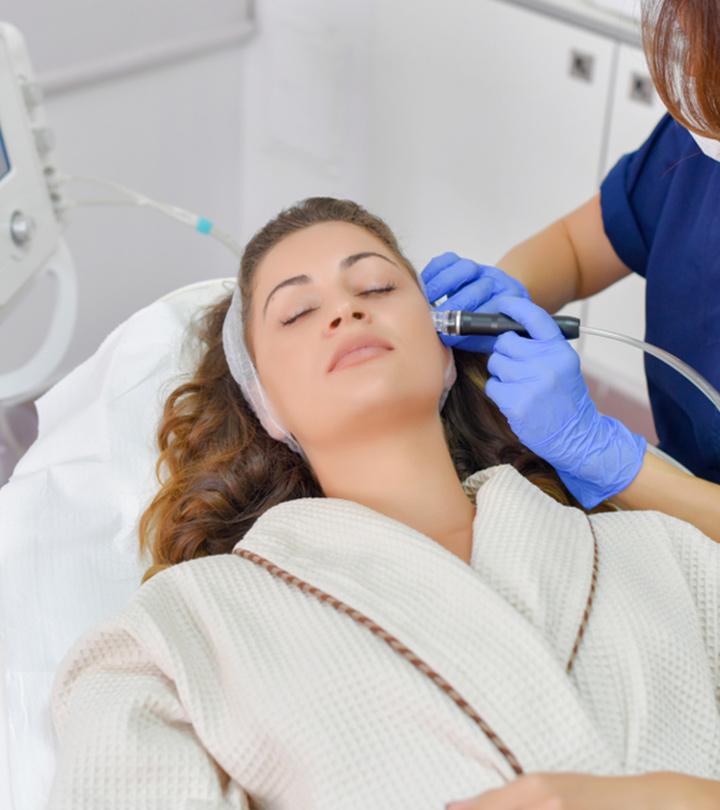

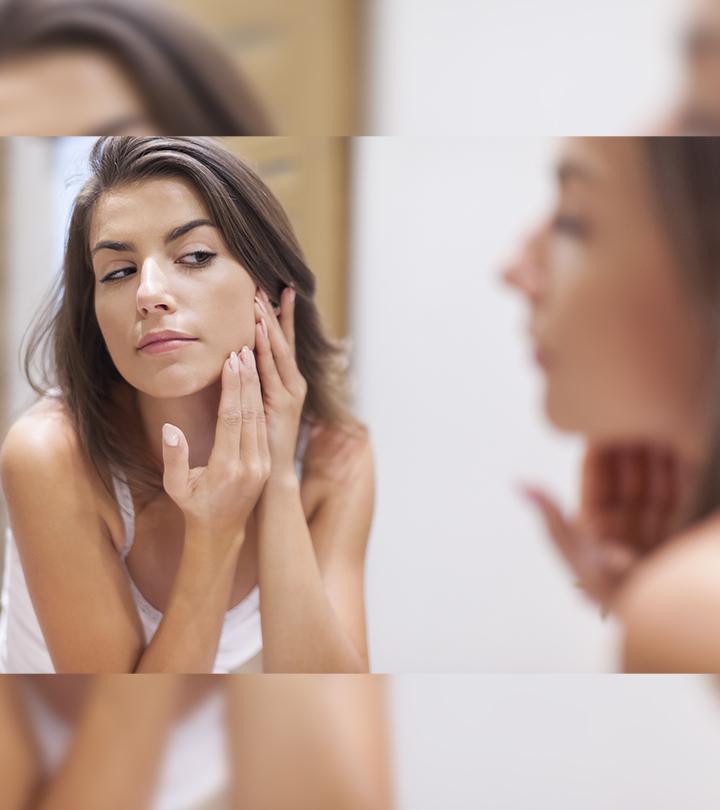
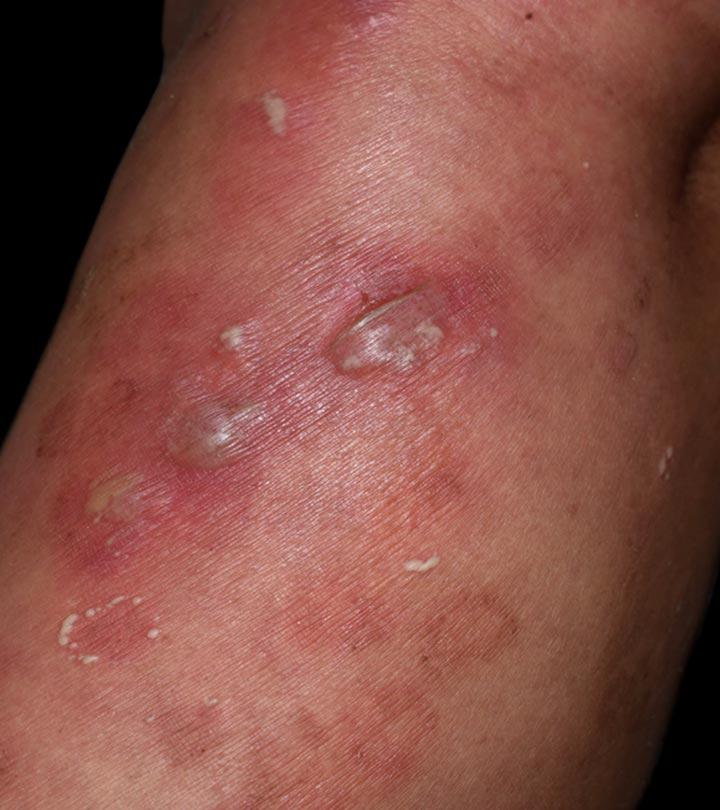
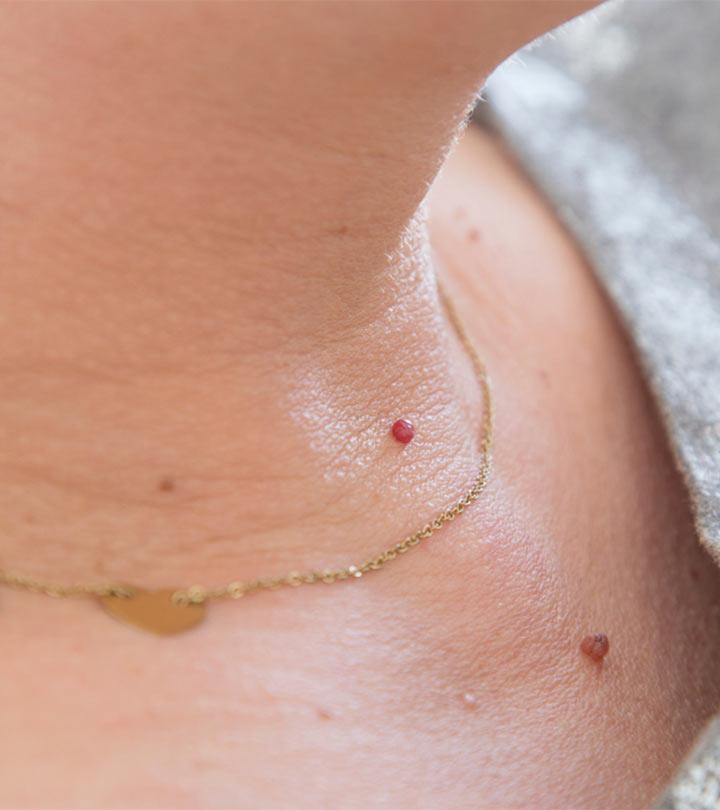
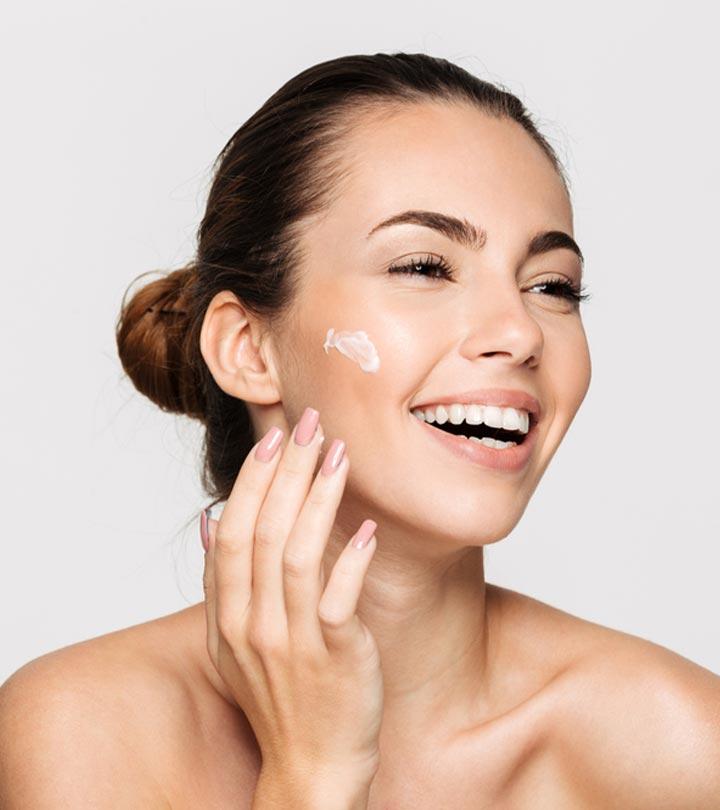

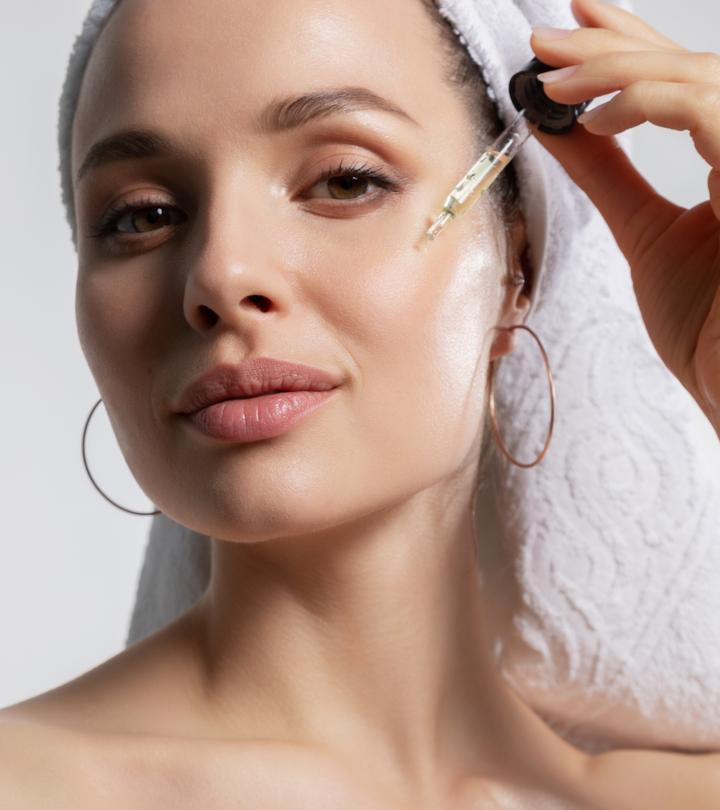
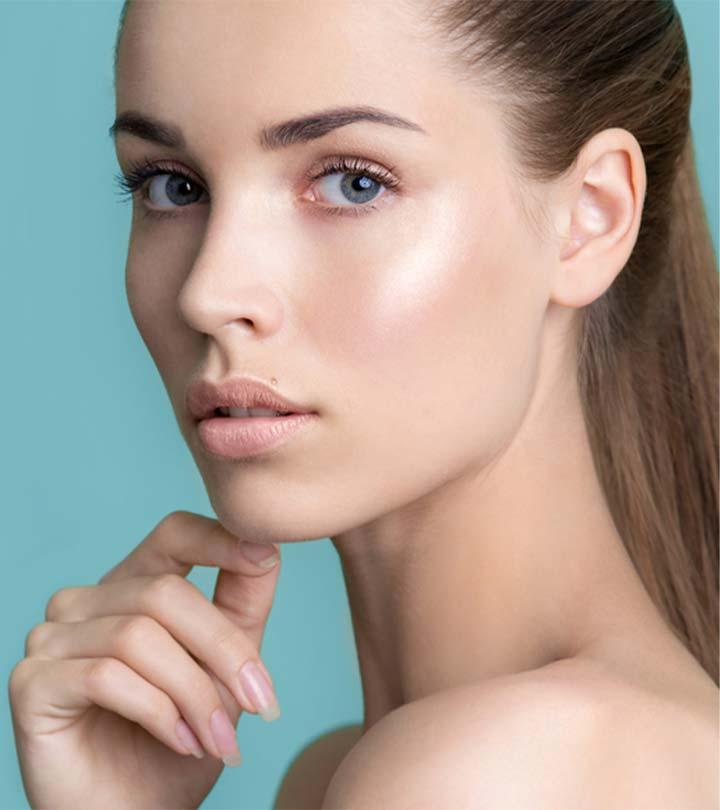
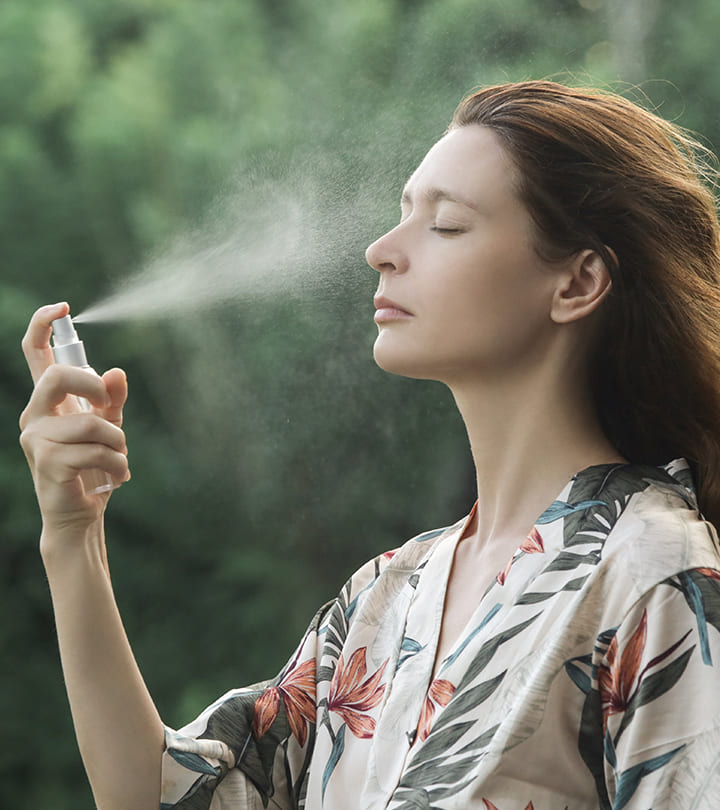

Community Experiences
Join the conversation and become a part of our empowering community! Share your stories, experiences, and insights to connect with other beauty, lifestyle, and health enthusiasts.